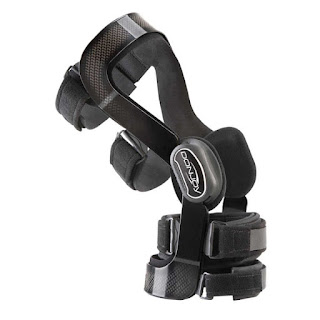Donjoy Knee Braces for Runners in Dubai, UAE
Whether it's your first marathon or your hundredth, keeping your body healthy and supported during training and on race day is essential.
Even though marathon running is a non-contact sport, it may be taxing on your body. The relentless hammering on the concrete and the repeated impact can result in knee pain, ankle strains, plantar fasciitis, or shin splints. To help manage these frequent marathon injuries, you can wear supportive bracing to help you cross the finish line safely.
Sehaaonline provides an extensive range of braces and supports like the Donjoy knee brace, Donjoy ACL brace, Donjoy wrist brace, Donjoy thumb support, and much more. Before you shop, let us explore the braces.
Long-distance running requires you to take care of the body and wear the proper support to get you from mile one to mile 26.2. While we provide a variety of braces, not all of them are appropriate for running. When purchasing for a support to use on a long-distance run, look for the following:
● Lightweight: So nothing drags you down as you
run 26.2 kilometres.
● Breathable: This ensures that you do not
become overheated while jogging.
● Low-profile: it should be light, so it doesn't
get in the way.
● Reflectiveness: Reflectors are a complement
when running in low-light circumstances so that automobiles can see you.
● Compression: Used to improve circulation and
reduce edema.
● Stays in Place: Silicone or straps aid in the retention of the support. You want to concentrate on jogging rather than changing your brace every mile.
Here are some things you can do to help prevent these common marathon injuries:
● Stretch before and after working out (you may
want to stretch, warm up, and then stretch some more before getting into
training).
● If you have knee problems, try wearing knee
braces for jogging. The knee absorbs a large portion of the impact from your
feet striking the pavement.
● A knee brace can assist relieve some of the
pressure on the knee's structures.
● Wear an ankle brace if your ankles are prone
to injury. This may assist you to avoid ankle rollover injuries, especially if
you take a wrong step or run on uneven ground.
● Check your shoes to make sure they're the
right size and not worn out.
● Make sure you train before the marathon. Don't
go in blind!
● If you feel any pain, stop and consult your doctor for a proper diagnosis and treatment plan.
Running a
marathon is an achievement. Stay safe and healthy!







Comments
Post a Comment